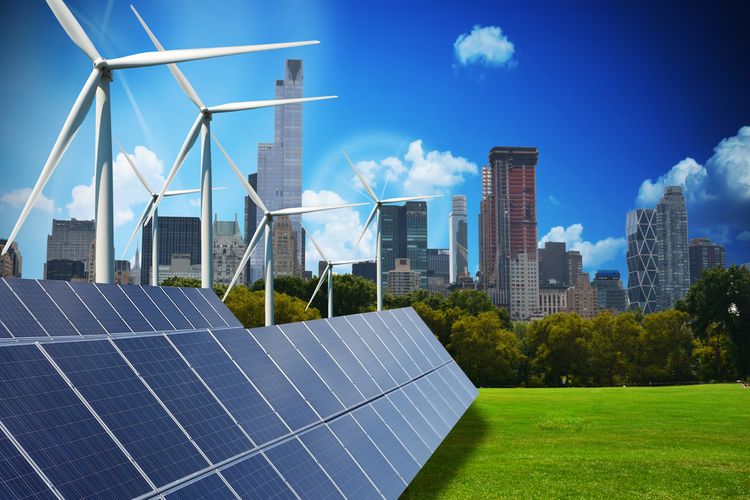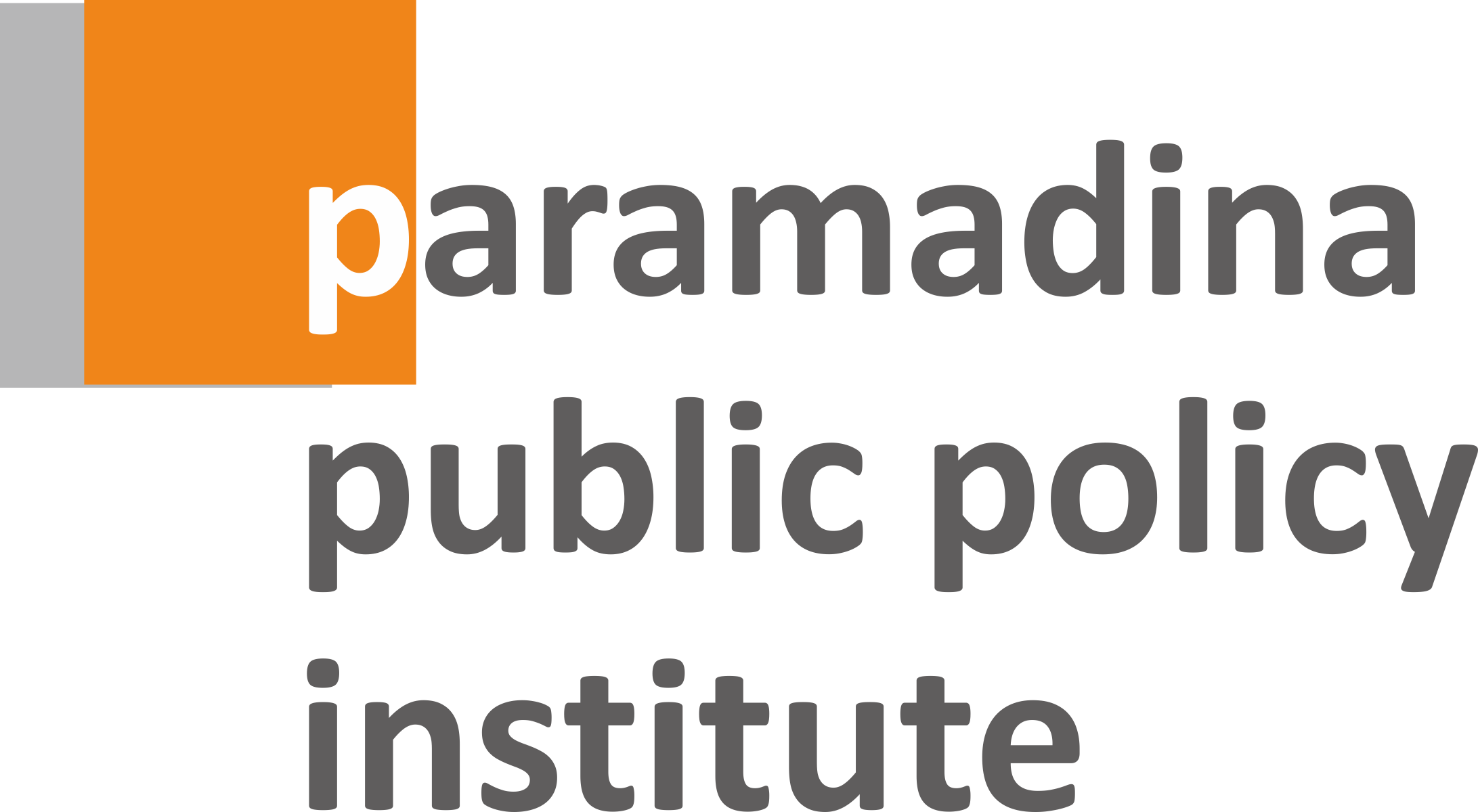
KOMPAS.com, Column, 11 June 2024
The low-carbon economic agenda, particularly accelerating energy transition, is one of the significant commitments of Indonesia’s President-elect for 2024-2029, Prabowo Subianto.
Various dynamics will undoubtedly accompany this agenda, which must be carefully anticipated.
At least, Indonesia’s green economic agenda can be traced back to 1998. Politically, Indonesia was ‘obliged’ by the IMF to reduce its fossil fuel subsidies, particularly for wasteful and extravagant fuel. This step was less successful and led to political instability.
Subsequent administrations have tried to continue this policy. There have been successes, but many failures too. The causes include student and worker demonstrations and opposition from political parties in the DPR.
If traced, some of Prabowo’s supporting parties in the 2024 elections, such as Gerindra Party and the Democrat Party, were staunch opponents of the fuel subsidy reduction policy.
Some narratives that were promoted: the fuel subsidy reform is misleading and impoverishes the people.
Meanwhile, many experts clearly state that the success of reducing fuel subsidies will support the success of a low-carbon economy, particularly the energy transition.
Conversely, if the energy transition is not an agenda, sustainable economic development and prosperity will be challenging to achieve.
Meanwhile, the energy transition agenda has clearly been a commitment of the current administration of President Joko Widodo and President-elect Prabowo.
In its Enhanced NDC (2022), Indonesia committed to reducing emissions by about 32% unconditionally or 43% conditionally by 2030.
Additionally, through the Just Energy Transition Partnership (JETP) political agreement, Indonesia plans to end coal-based electricity use and achieve peak zero carbon emissions by 2050.
Various Challenges
The ‘green’ commitments above indicate that the energy transition process will span more than one or two decades, potentially facing the following challenges.
From a political perspective, this clearly requires serious and long-term political commitment and consensus. Unfortunately, the dynamic stance of the political parties mentioned above signals that the energy transition in Indonesia will be quite challenging.
Political compromises within the government will likely be tough. Government parties, such as Gerindra and the Democrats, initially anti-energy subsidy reform, must change their political stance while maintaining public political support.
Experts agree that this process is not easy.
From an economic perspective, coal is still considered a prime export commodity. This is reflected, for instance, in the 2022 Financial Note.
Our national energy source in Indonesia is increasingly dominated by coal. Its supply increased from about 26% in 2012 to 41% in 2022 (Ministry of Energy and Mineral Resources, 2023).
Indonesia has produced significant renewable energy, such as solar energy and biofuels. From 2012-2022, its contribution increased from 8% to 11% of the total national energy supply.
However, this figure is still considered minimal, as only about 2% of its potential has been realized.
Then, from a social perspective, Indonesia’s low-carbon commitment requires more effective efforts to increase public acceptance. Although its mission is noble, JETP, for instance, has received public criticism for being too elitist or exclusive.
Public communication is deemed inefficient, often explained only in English. Some of the public see it as foreign influence and pressure that endanger the nation’s economic sovereignty.
Policy Strategy and Inevitability
The above challenges require effective navigation from the future Prabowo administration. The most urgent, first, is to ensure there is certainty and synchronization of regulations related to energy transition.
If coal still plays a central role in the economy, the ambitious zero-emission targets above need to be reconsidered and re-studied.
There is indeed concern about whether Indonesia will still be seen as committed to green development.
However, it should be noted that the energy transition requires substantial investment. Regulatory certainty is a more urgent issue for investment than ambitious targets with uncertain achievement timelines.
This compromise could also push developed countries to be willing to provide investment funds and grants to help countries like Indonesia achieve zero emissions faster.
Secondly, the energy transition commitment in the Prabowo era needs to be narrated more simply and communicated to the grassroots level.
This effort is hoped to garner broader public support for the energy transition agenda and, in general, low-carbon development in Indonesia.
In the context of Indonesia, the new government needs to prioritize cooperation with social organizations such as student and labor groups and Islamic organizations, including Nahdlatul Ulama and Muhammadiyah.
They can help, for instance, to translate scientific narratives into various relevant narratives and fatwas, particularly in line with the cultural and religious aspirations of the community.
Indonesia can actually learn from its own success story in energy transition. In 2007, the government launched a national transition from kerosene to gas (LPG) for cooking.
Besides being a ‘home-grown’ policy, the success of this transition was supported by several aspects, including effective public engagement and communication.
The energy transition agenda is hoped to be seen by the public as an urgent domestic need, not due to foreign intervention. Thus, political parties will find it easier to change their support direction and go all-out in supporting the agenda. (*)
This article was first published in Indonesian, on Kompas.com on May 21, 2024, with the title “Mengantisipasi Dinamika Transisi Energi Era Prabowo”

